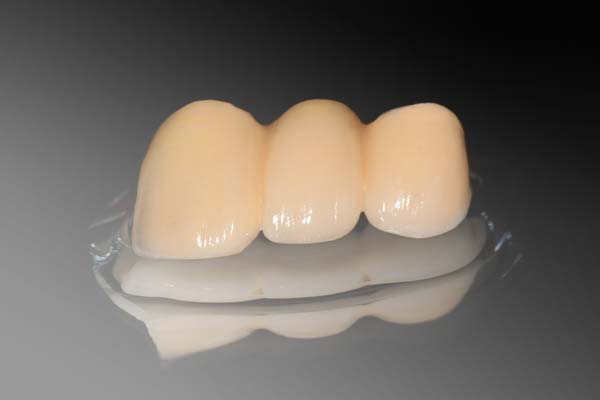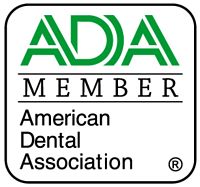Are You a Candidate for Dental Bridges?

A dental bridge is a valuable solution for individuals with missing teeth, providing functional and aesthetic benefits. If you are considering dental bridges to restore your smile, you will need to determine whether you are a suitable candidate for this treatment.
How to determine if dental bridges are right for you
Let us discuss the factors that determine whether a patient is a suitable candidate for dental bridges, providing insights into the considerations that influence this treatment choice.
Missing teeth
The most straightforward criterion for being a candidate for dental bridges is having one or more missing teeth. Dental bridges are meant to "bridge" the gap created by missing teeth, restoring one's ability to chew, speak, and smile with confidence.
Good oral health
Candidates for dental bridges should generally have good oral health. This includes healthy gums and adjacent teeth. If a patient has underlying oral health issues, such as gum disease or extensive decay in adjacent teeth, these must be addressed and resolved before proceeding with dental bridge placement.
Stable adjacent teeth
Dental bridges rely on adjacent teeth (known as abutment teeth) for support. To be a suitable candidate, a patient needs to have stable and healthy teeth on either side of the gap, as these will serve as anchors for the bridge. The condition of these teeth, along with their strength and structure, is a significant consideration.
Commitment to oral care
Candidates for dental bridges should be committed to maintaining good oral hygiene. This includes regular brushing, flossing, and dental check-ups. Proper care will ensure the longevity of the bridge and the health of the supporting teeth.
Overall health
The patient's overall health is vital in determining their candidacy for dental bridges. Some medical conditions or medications can impact the success of the procedure. Patients will need to discuss their medical history and any current medications with their dentist to assess their potential effects on the treatment.
Dental bridge type
Dental bridges come in various types, such as traditional, cantilever, Maryland, and implant supported. The type of bridge recommended will vary depending on the patient's specific case. The dentist will assess their needs and determine the type of bridge that most suits them.
Treatment preferences
The patient's preferences and expectations play a role in determining whether they are a candidate for dental bridges. They should clearly understand the treatment process, including potential alternatives, costs, and long-term maintenance requirements.
Cosmetic enhancement
In addition to their functional benefits, dental bridges can serve a cosmetic purpose. If a patient has concerns about the appearance of their smile due to missing teeth, they may be an ideal candidate for a dental bridge. Candidates seeking to regain their self-confidence by achieving a complete and natural-looking smile often find a dental bridge to be an excellent solution.
Schedule your consultation with our dental bridges team
If you are missing teeth and meet the aforementioned criteria, you are likely a candidate for dental bridges. To determine the best treatment plan for your unique situation, it is essential to consult a qualified dentist who can assess your oral health, discuss your goals, and guide you through the process of getting dental bridges. Contact us today to schedule your consultation.
Request an appointment here: https://lovableteeth.com or call Cosmetic & Family Dentistry at (407) 270-1429 for an appointment in our Orlando office.
Check out what others are saying about our dental services on Yelp: Dental Bridges in Orlando, FL.
Related Posts
Dental crowns can treat many different concerns. They can repair damaged teeth, attach to dental implants for teeth replacement, and more. Two of the main types of dental crowns are metal and porcelain crowns. Both are effective solutions, but one may be preferable to another depending on the intended purpose.Your dentist should help you decide…
An emergency dentist may be necessary. The tissue that makes up your gums does not grow back, so it can be scary in the unlikely event that you get lacerated on your gums. To clarify, a cut that comes from everyday activities such as flossing, brushing your teeth too vigorously, or biting down wrongly on…
There are many benefits to wearing clear aligners. It is no wonder why more and more people are choosing this method to restore smiles. Your dentist can tell you whether you are a good candidate for this treatment. You can also learn how to properly care for your aligners. Doing this will keep them looking…
If you have not taken your child to a kid friendly dentist yet, now is the right time. Good oral health is critical to overall well-being. Children need a good foundation of sound dental habits, as these can last a lifetime. A kid friendly dentist has the knowledge and training to meet the most challenging…













